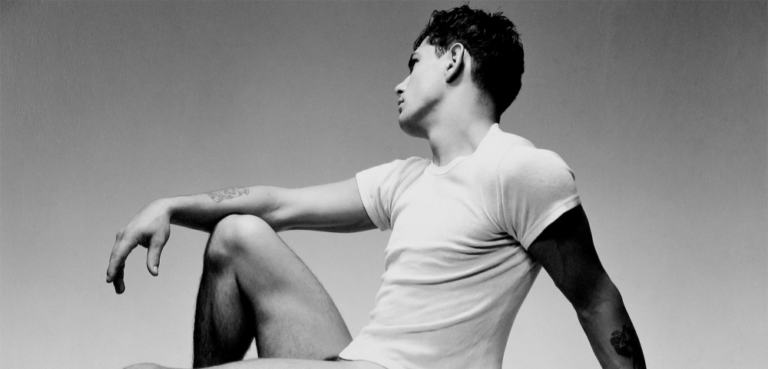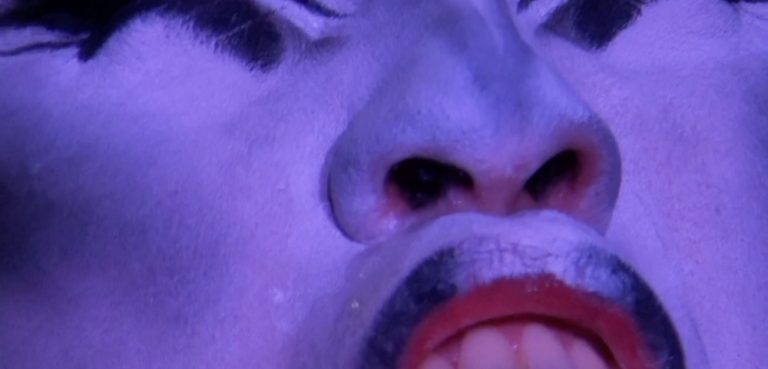
Furore over F?r
Sixty years have ticked over since World War II and the fall of the Third Reich. Downfall is the first German film to tackle a full portrayal of Adolf Hitler since G.W. Pabst made The Last Act in 1956.
Controversial in its depiction of a F?r with a soft side, Downfall caused much angst in Germany on release last year for apparently casting real fascists in the film -“ yet this didn’t stop around five million Germans from queuing to see it.
Nor should it stop any of us. Director Oliver Hirschbiegel delivers up a tight, tense satisfying epic set in the howling depths of Hitler’s bunker during the Nazi regime’s final days.
Hirschbiegel must like small spaces. In his 2001 film Das Experiment, a prisoner wakes to find himself locked inside a small torture box. Hirschbiegel filmed the entire scene from inside the box.
In Downfall, a similar inescapability persists in Hitler’s bunker as the Third Reich’s generals, foot soldiers and hangers-on run about in Hitler’s underground bunker like rats in an experimental maze while the Russian Army encircles a crumbling Berlin above.
Hirschbiegel built a complete replica of the bunker and shot most of the film in the cramped set with hand-held cameras using ordinary lighting. The effect is electrifyingly tense.
Downfall‘s screenplay is based on two books -“ Joachim Fest’s Inside Hitler’s Bunker and a memoir by Hitler’s last secretary Traudl Junge, a na? young woman played by Alexandra Maria Lara.
It is April 1945 and Hitler has retreated to his underground bunker with his lover Eva Braun, generals and staff. As the inevitability of defeat shines through, Hitler becomes more erratic and violent in his commands -“ which his generals avoid fulfilling.
Meanwhile Eva is full of denial, hosting parties and taking walks in the park during gaps in Allied bombing runs, and the general chit-chat among the staff revolves around the best way to commit suicide. Magda Goebbels, Hitler’s mother of the Reich, kills her six children rather than see them live without National Socialism.
But it’s through Traudl rather than Eva or the generals that we come to know Hitler, first as a benevolent father figure and then -“ as the Reich disintegrates -“ as a contradictory and delusional megalomaniac whose behaviour shocks and confuses the young secretary.
Swiss actor Bruno Ganz is remarkable in the central role, a complete powerhouse that travels from tenderness through to pure fury.
But as Ulrich Matthes, who plays Hitler’s propaganda minister Goebbels, says, You can’t play evil -¦ even the ones you have in your mind as monsters, as evil demons -“ you need to play them as people. It’s something that Ganz and Matthes do extremely convincingly.
Easily one of the best films on the psychology of evil, delusion and propaganda, Downfall is utterly compelling cinema.









